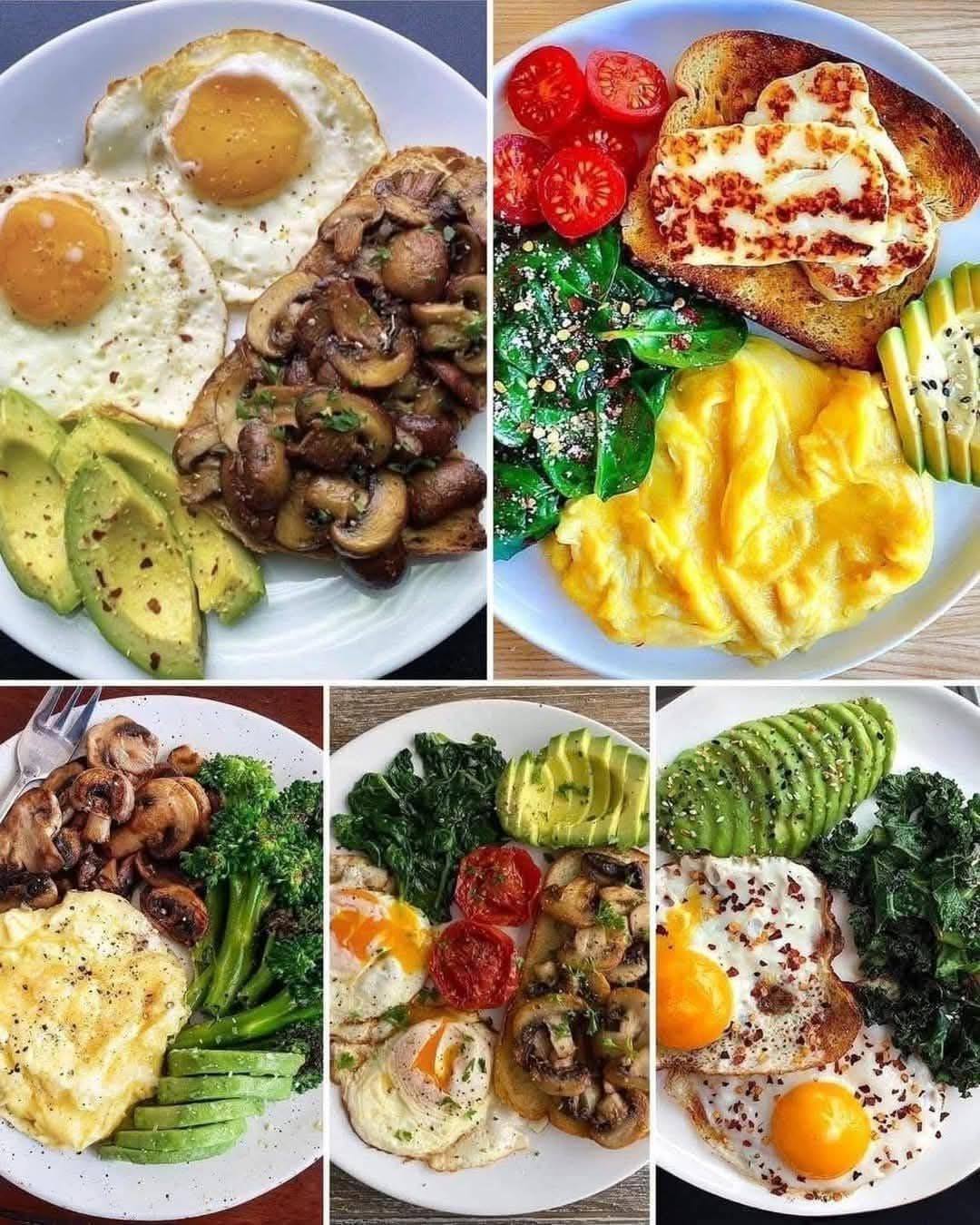ADVERTISEMENT
Nutritious Foods for Your Week: Fuel Your Body with Energy and Vitality
Eating a well-balanced diet is essential for maintaining good health and feeling energized throughout the day. But with busy schedules and endless food options, it can be easy to fall into unhealthy eating habits. The key to making sure you stay on track is planning—specifically, planning nutritious foods that can fuel your body all week long.
In this article, we’ll highlight some nutritious foods that you should include in your weekly meals. These foods are packed with essential nutrients that support everything from immune health to energy levels, digestion, and overall well-being. Whether you’re looking to lose weight, boost your energy, or simply maintain a healthy lifestyle, these foods will help you feel your best throughout the week.
1. Leafy Greens: Powerhouses of Nutrients
Leafy greens like spinach, kale, arugula, and Swiss chard are some of the most nutritious foods you can eat. They are packed with vitamins A, C, K, and several B vitamins, as well as essential minerals like iron, calcium, and magnesium. These veggies are also high in fiber, which aids digestion and helps keep you feeling full longer.
How to incorporate them:
- Add them to smoothies for a nutrient boost.
- Toss them into salads, wraps, or sandwiches.
- Sauté them with olive oil, garlic, and lemon for a simple side dish.
2. Berries: Antioxidant-Rich Delights
Berries, including blueberries, strawberries, raspberries, and blackberries, are bursting with antioxidants, which help protect your body from oxidative stress and inflammation. They’re also rich in fiber and vitamin C, making them perfect for boosting your immune system and supporting skin health.
How to incorporate them:
- Top your morning oatmeal or yogurt with fresh berries.
- Add them to smoothies for extra flavor and nutrients.
- Enjoy them as a snack or freeze them for later use.
3. Nuts and Seeds: Healthy Fats and Protein
Nuts and seeds are packed with healthy fats, protein, and essential vitamins and minerals. Almonds, walnuts, chia seeds, flaxseeds, and pumpkin seeds are especially nutrient-dense. They provide omega-3 fatty acids, which are great for heart health, and are rich in fiber, protein, and antioxidants.
How to incorporate them:
- Snack on a handful of mixed nuts or seeds.
- Sprinkle chia seeds or flaxseeds on your morning cereal or yogurt.
- Add walnuts or almonds to salads, baked goods, or smoothies.
4. Whole Grains: Sustained Energy
Whole grains like quinoa, brown rice, oats, and whole wheat provide a steady source of energy throughout the day. Unlike refined grains, which are stripped of their nutrients, whole grains retain their fiber, B vitamins, and essential minerals. They help regulate blood sugar levels, promote healthy digestion, and keep you feeling full.
How to incorporate them:
- Swap out white rice for quinoa or brown rice in your meals.
- Enjoy a bowl of oatmeal in the morning for a filling breakfast.
- Add whole grain bread or wraps to your sandwich or wrap.
5. Lean Protein: Building Blocks for Your Body
Protein is essential for muscle repair, immune function, and overall health. Including lean protein sources like chicken, turkey, tofu, lentils, and beans in your meals ensures you’re getting the right balance of nutrients. These protein sources are also low in unhealthy fats, making them ideal for a healthy diet.
How to incorporate them:
- Grill or bake lean cuts of chicken or turkey for a healthy dinner.
- Add tofu to stir-fries, salads, or smoothies for a plant-based protein boost.
- Enjoy lentils and beans in soups, salads, or veggie bowls.
6. Sweet Potatoes: Nutrient-Rich and Filling
Sweet potatoes are not only delicious, but they are also rich in beta-carotene, fiber, and vitamin C. They are a complex carbohydrate that provides slow-releasing energy and supports healthy digestion. Sweet potatoes are also packed with antioxidants, which help combat free radicals in the body.
How to incorporate them:
- Roast or bake sweet potatoes as a nutritious side dish.
- Make mashed sweet potatoes for a comforting meal.
- Add cubed sweet potatoes to soups, stews, or salads.
7. Greek Yogurt: Probiotics for Gut Health
Greek yogurt is a fantastic source of protein, calcium, and probiotics, which support gut health and digestion. The probiotics in Greek yogurt can help balance your gut microbiome, which is essential for immunity and digestion. Greek yogurt also contains less sugar than regular yogurt, making it a healthier choice.
How to incorporate it:
- Enjoy a bowl of Greek yogurt with a drizzle of honey and fresh fruit.
- Use it as a creamy base for smoothies.
- Substitute it for sour cream or mayonnaise in recipes for a healthier option.
8. Avocados: Heart-Healthy Fats
Avocados are packed with monounsaturated fats, which are heart-healthy fats that help reduce bad cholesterol levels. They also provide fiber, potassium, and vitamins C, E, and K. Avocados are known for their creamy texture and versatility in many dishes.
How to incorporate them:
